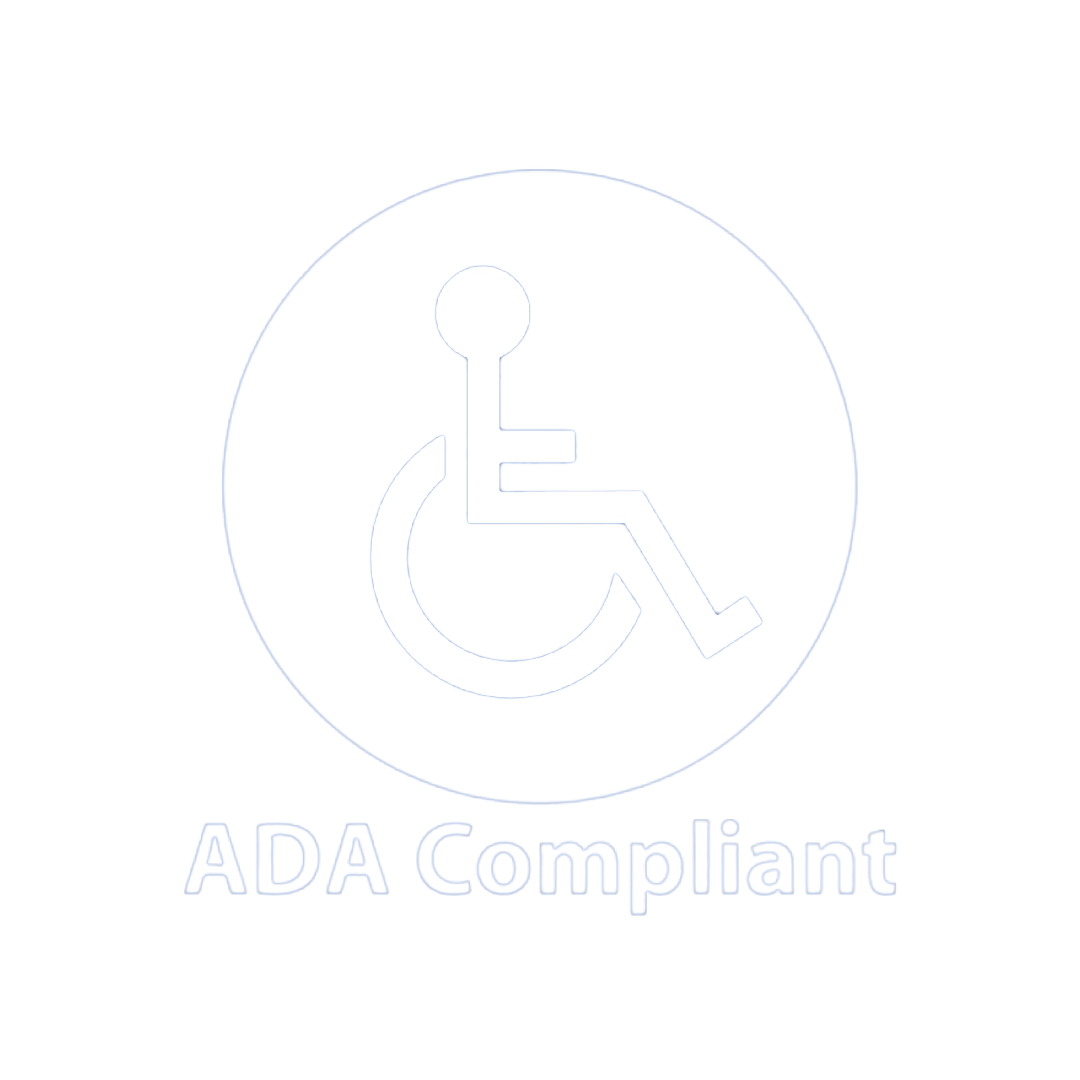Wherever you were in the world this morning, if you had an Internet connection, you had the opportunity to view a live webcast from Facebook. This particular webcast featured a few members of the Facebook team addressing questions concerning the changes within the Data Use Policy and Statement of Rights & Responsibilities. The concerns regarding the Data Use Policy have remained at a higher level of importance than those within the Statement of Rights & Responsibilities.
The concerns that were addressed within the Statement of Rights & Responsibilities revolved around current Facebook user’s practices of business Pages. These changes mainly supported the use of ‘Pages’ for an entity to use versus a regular Facebook account. The regular profile are now deemed solely purposeful to represent an actual person.
The webcast mainly addressed concerns regarding current Facebook practices of content sharing and content ownership found within the Data Use Policy. We have included screen shots of their ‘Red Line’ document within the blog post to help illuminate the changes. The entire document is available to everyone and allows the reader to quickly go through the policy and succinctly view the changes. They are put in red text to help expedite the process. All of changes discussed today have to do with the collection of user data and where it goes.
First, Facebook is willing to gather and share information with their affiliates. See their definition of ‘affiliates’ below followed by an information sharing policy.
Second, there are many things addressed about advertisements. Facebook uses information received about you from your public profile, things you like (pages), and applications you utilize. Facebook then shares your information with those willing to purchase it, i.e. advertisers. Please see the image below for a list of how Facebook uses information and for what purpose. Within the webcast there are multiple example of how the information is gathered and can lead the audience of the webcast to assume that sensitive information is, indeed, sold.
Upon dissection of the changes within the data use policy, this is what we found to be the most alarming on a consumer level:
“When you connect with a game, application or website… we give them your basic info (public profile) in addition to your friends’ user ids (friend list)”
Instant personalization is another huge sticking point:
How ads are created:

Finally leading to the following:
Advertisers can pay for your information to pinpoint ads to hit your public profile. As soon as you have “un-liked” a page, removed an application, etc., a Facebook user is physically responsible for requesting a return/deletion of personal information from said company or they may continue to use it for data collection.
Finally, please remember to regularly delete your cookies and history in addition to completely refreshing your internet browser. We need to be cognizant of what we are making available for public use and how it is being used!










